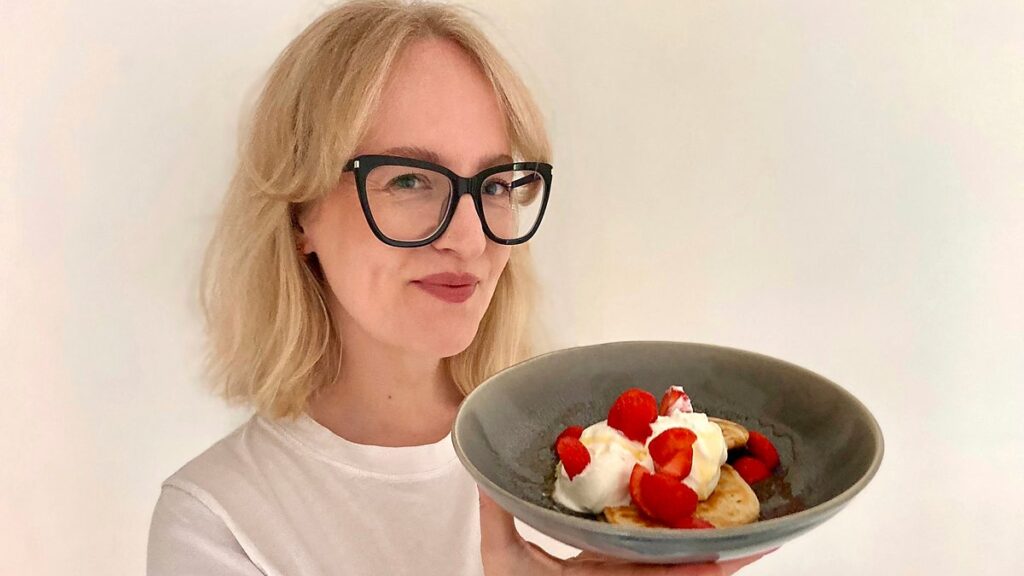The happy medium lies somewhere in between. Dietitian Nichola Ludlam-Raine, a spokesperson for the British Dietetic Association, agrees an “all or nothing” approach can be unhealthy.
“In my opinion, it is extremely hard to eat a diet 100% free-from UPFs in 2024 while maintaining a decent social life,” she says.
“UPFs come on a spectrum of health and itʼs about reducing our consumption of the less nutritious varieties and using the more nutritious options for convenience as is needed. If you’re eating mainly UPF-free at home, the odd gin and slimline tonic or ice-cream at the weekend isn’t going to be an issue from a health point of view. In fact, avoiding or denying yourself could be damaging for your mental health.”
Ludlam-Raine, who has written a book about how to avoid eating ultra-processed foods, suggests instead following an 80/20 rule.
“We should focus on including more nutrient-rich foods such as fruit, vegetables, legumes, whole-grains and protein sources that promote beneficial effects on our physical and mental health approximately 80% of the time.
“Then, 20% of the time, we can include less nutrient-dense foods such as biscuits, cakes, ice creams and chocolate bars which provide energy and can also benefit our mental wellbeing by providing a sense of enjoyment and balance.”
She adds there’s no such thing as ‘good’ and ‘bad’ foods – it’s about finding a middle ground.
“The key is to avoid ‘all or nothing’ thinking. What matters is the quantity and frequency in which we have all foods. If you have a particular goal in mind, a slip-up in your balanced eating plan isn’t a problem, but your reaction could be. Instead, pull out the 80/20 card, remember life is about balance and go easy on yourself.”
Sounds like sensible advice to me.
Originally published July 2024

